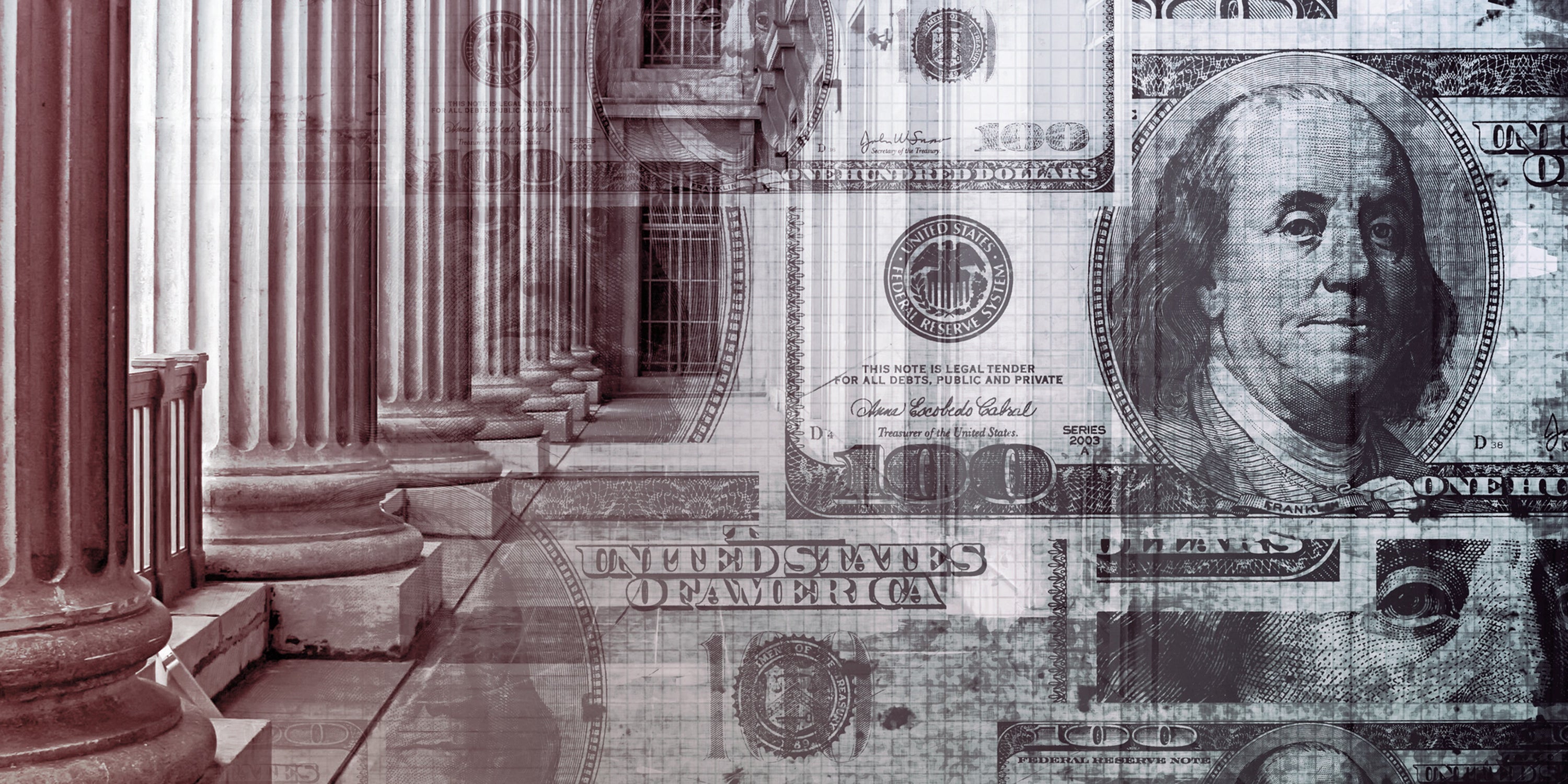Healthcare partner Stephanie Trunk has been selected by JD Supra to receive a 2020 Readers’ Choice Award in the healthcare category.
As coronavirus infections begin to abate in some parts of the United States, employers are contemplating how to safely and efficiently return to work. It will not be easy.
Among the many changes COVID-19 has brought, one far-reaching change for employers has been transitioning their workforces to work from home wherever possible. Unfortunately, there has been a rise in phishing and hacking attempts to take advantage of vulnerabilities that arise from these adjustments

The Paycheck Protection Program (PPP) is one of several lifelines extended by Congress to small businesses struggling to survive the COVID-19 public health crisis.
The Treasury’s Office of Foreign Assets Control (OFAC) issued web-based guidance to remind the public of the many ways medical exports and other humanitarian services, supplies, and donations can legally flow to sanctioned countries.
Earlier this month, the Occupational Safety and Health Administration (OSHA) issued two memoranda detailing the agency’s plan for conducting enforcement actions during the COVID-19 pandemic.
On April 23, 2019, US Representative Earl Blumenauer (D-OR) introduced HR 6022, the “Emergency Cannabis Small Business Health and Safety Act” in the House Committee on Small Business to extend federal COVID-19 relief to the cannabis industry.
Is a plaintiff in a trademark infringement suit required to show that a defendant willfully infringed the plaintiff’s trademark as a precondition to an award of defendant’s profits?
On April 23, 2020, the Massachusetts Legislature passed an act providing for remote notarization to address challenges related to the 2019 novel coronavirus (COVID-19). The act has been sent to Governor Baker for his review and signing.
“Save the ER for emergencies – or you’ll be responsible for the cost.” This warning was included in a 2017 letter Blue Cross and Blue Shield of Georgia, Inc. (BCBS) sent to its insureds, alerting them to a new policy for reviewing and paying emergency room medical claims.
When claims for misappropriation of trade secrets result in litigation, they rarely are brought as stand-alone claims.
Like many other US Government agencies, the State Department, Directorate of Defense Trade Controls (DDTC) has announced certain measures, effective immediately, to alleviate burdens caused by COVID-19 in relation to compliance with the International Traffic in Arms Regulations (ITAR). The changes i
In the past month, the Permanent Court of Arbitration (PCA) and the Singapore International Arbitration Centre (SIAC) released their annual reports. The reports reflect on the growth of the PCA and SIAC as international arbitral institutions through case information.
Yesterday, the Equal Employment Opportunity Commission (EEOC) addressed two important issues that have vexed employers during the COVID-19 pandemic:
On April 16, 2020, California Gov. Gavin Newsom issued Executive Order N-51-20 to provide California food sector workers, including agricultural workers, grocery workers, and food delivery workers, among others, supplemental paid sick leave for COVID-19 related reasons.
Headlines that Matter for Companies and Executives in Regulated Industries
Most users of social media simply do not appreciate the risks involved in using the platform for its intended purposes—the mass dissemination of content. Indeed, among the benefits and drawbacks of social media is one surety—its significant and rapidly evolving role in facilitating the distribution
A landmark Clean Water Act (CWA) decision by the U.S. Supreme Court presents an entirely new test to use to determine if a discharge requires federal permitting.
The US Department of Justice issued a business review letter on April 16, 2020, that confirms trade associations can remain relevant and valuable as they manage an escalated emphasis on supporting online marketplaces.
The USMCA textile and apparel rules of origin are generally based on the “yarn forward” rule, which requires the formation of the yarn (spinning or extruding) and all processes following yarn formation to occur in the USMCA territory.
Appendix I, Automotive Rules of Origin and Procedures, to the CBP Instructions provides guidance on the USMCA automotive rules of origin by incorporating the appendix to Chapter 4 of the USMCA Implementation Act.
Arent Fox’s Sports industry group is part of the firm’s COVID-19 Task Force, which is helping clients navigate new legal issues, regulatory challenges, and policy changes. Our newsletter highlights how the world of sports continues to adapt, how people in the industry are helping us stay safe, and l
The USMCA permits CBP to verify whether a good entered with a claim for preferential tariff treatment qualifies as originating by written request, or questionnaire; a visit to the premises of the exporter or producer; and any other procedure that may be decided by the Parties.
In an April 20, 2020 message to the trade community, US Customs and Border Protection (CBP) released the long-awaited United States–Mexico–Canada Agreement (USMCA) Interim Implementing Instructions (CBP Instructions).
President Trump signed an Executive Order, effective at 11:59 p.m. on Wednesday, April 23, 2020 (the “Effective Date”), suspending the processing of certain green card applications for 60 days. The suspension only applies to green card applicants who are outside the US as of the Effective Date and h